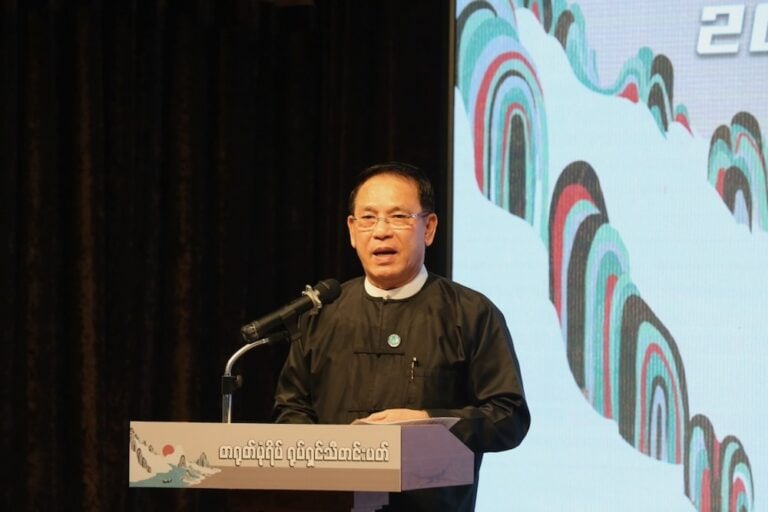(SEAPA/IFEX) – The Burmese junta has moved to restrict all coverage of the bombings that rocked Rangoon on 8 May 2005, banning the publication of stories on the matter and ordering medical and relief workers not to speak with reporters. Details of the news blackout have begun appearing in news services observing Burma – officially […]
(SEAPA/IFEX) – The Burmese junta has moved to restrict all coverage of the bombings that rocked Rangoon on 8 May 2005, banning the publication of stories on the matter and ordering medical and relief workers not to speak with reporters.
Details of the news blackout have begun appearing in news services observing Burma – officially called Myanmar by its ruling junta – from outside its borders. Mizzima.com, a Delhi-based service run by exiled Burmese journalists, said the weekly “Myanmar Times” saw its 9 May Burmese edition banned for carrying stories on the 8 May blasts.
The US-based Radio Free Asia reported on 10 May that Burma’s leaders ordered medical workers not to speak with reporters about the bombings and its aftermath.
The Burmese junta officially says that 10 people died as a result of the explosions. There are speculations that there were more casualties, but in Burma’s extremely restricted environment, any independent verification is very difficult.
Rangoon maintains tight control over all information flowing within, out of, and into Burma. Foreign aid workers and disaster experts, for example, still believe the Burmese government understated the death toll and damages caused by the 26 December tsunami on Burma’s southern coast. Although it does now appear that Burma did indeed fare better than neighboring Thailand, its leaders were reluctant to let independent observers assess the extent of the tsunami’s impact on Burmese communities lining the Andaman coast.
SEAPA and other international advocates of press freedom say Burma is by far the worst and most dangerous place in Southeast Asia for journalists. Harsh laws and penalties – starkly underscored by the continuing imprisonment of journalists, writers, artists, and oppositionists – have pushed independent-minded journalists out of Burma. There is no free or truly independent news operation inside the country, and no information is allowed to circulate or be published in the country without the government’s prior approval.


